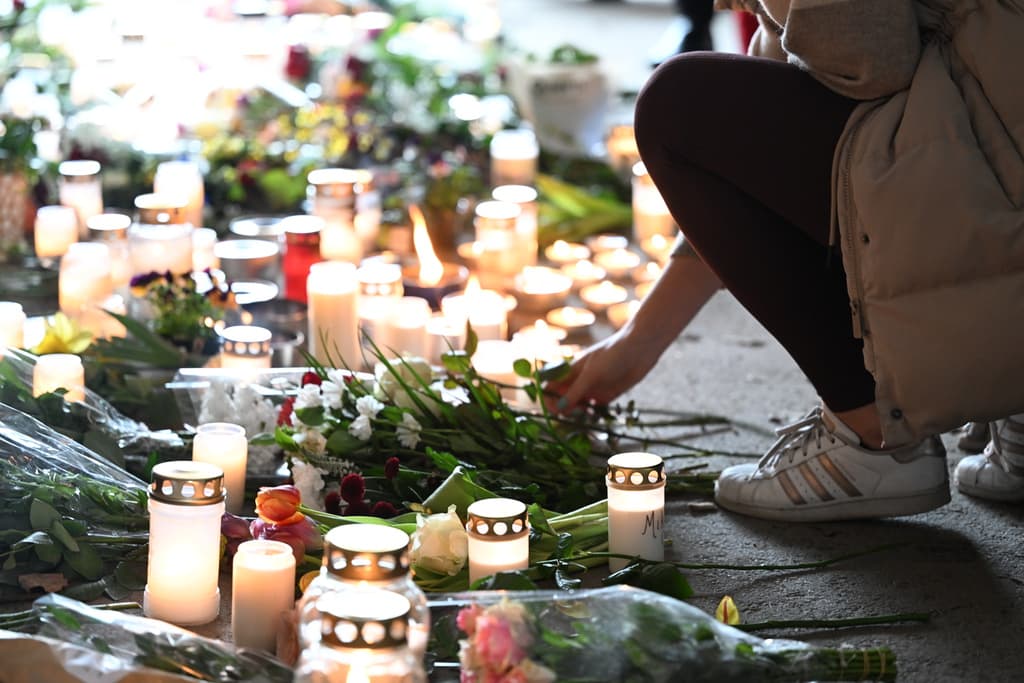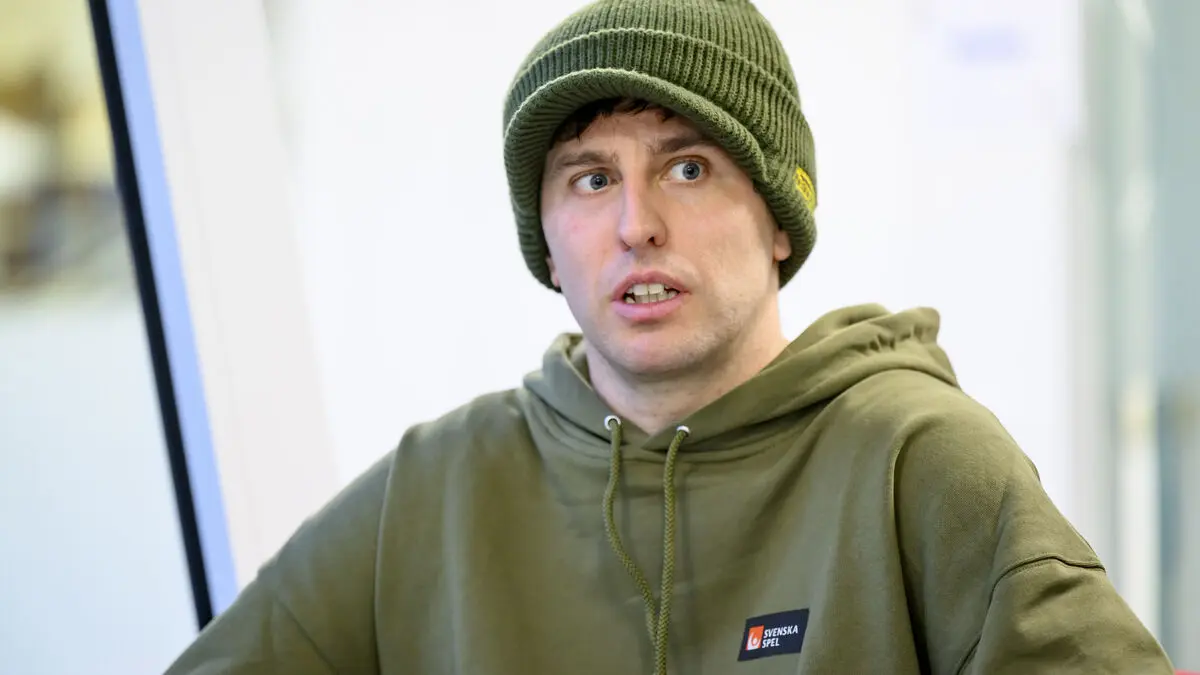Summer is here with vacation and leisure time – something that facilitates the recruitment of young people and children by gangs, warns the police.
Children all over the country have become a resource for gang criminals. They are cheap labor that tends to be "consumable" for the older members of the gangs, says Luay Mohageb, a crime investigator, serious crimes in Stockholm.
During the summer, social control decreases: no school and maybe no training and activities to attend. It's warmer and children are often outdoors. Even targets are more often outside, which gangs see as an opportunity to commit crimes.
Even though the risk is greater during the summer, Luay Mohageb's own experience is that the recruitment of young people has a steady flow throughout the year.
It's important to be curious about your child, emphasizes Luay Mohageb, and to create a home environment that is open to conversation.
He means that changed behavior cannot just be dismissed as phases.
The most important thing is to say no right away. You don't want to become someone gangs can count on, even if it means keeping an eye out for the police or hiding a weapon in a forest. Then they won't let go, according to Luay Mohageb.
It can go quickly for a child to get drawn into criminal circles and the threshold for committing serious crimes in that circle is very low, says Luay Mohageb.
Luay Mohageb, with his four years of experience as a crime investigator in the youth group in Järfälla northwest of Stockholm, means that there is a fascination and attraction to the "gangster lifestyle" among both girls and boys. He places a lot of responsibility on the mass media and gangster rap.
Lying or pretending to hide things.
Starts hanging out with new, older youth or adults.
Has new clothes or a new phone.
Quits asking for money or seems to have more of their own money.
Sends or receives suspicious amounts or large amounts of money (via Swish or account).
Starts having two phones.
Expresses themselves differently, new opinions or values.
Source: police.se
It's important to feel that you have support as a parent or relative. Contact social services and/or the police. It's about establishing an early contact with social services.
Cooperation between the police, social services, school, leisure and association life, and parents is very important and one of the biggest challenges, he says. Therefore, it is important for parents to have good contact with other adults in the child's life.
As a friend to someone in a high-risk zone is harder to act. You risk social exclusion if you contact the adult world.
Luay Mohageb recommends talking to your own parents, who can then tell the parents of the child you are worried about.
Source: Luay Mohageb, crime investigator at serious crimes in Stockholm.






